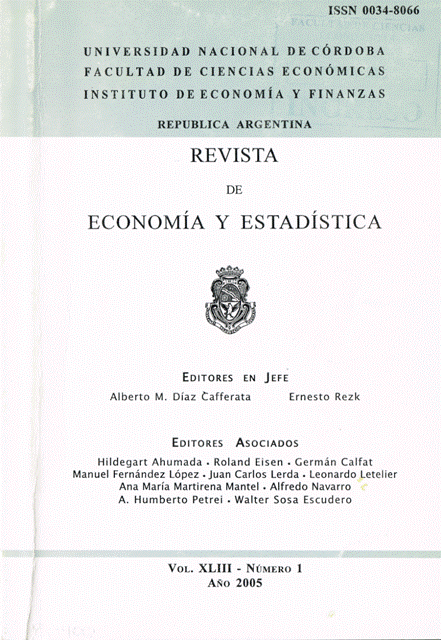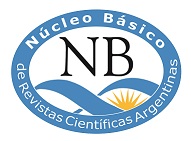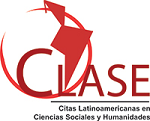La pobreza en los hogares del Gran Córdoba: aplicación del modelo de regresión logística
DOI:
https://doi.org/10.55444/2451.7321.2005.v43.n1.3813Keywords:
línea de la pobreza absoluta, perfiles de bienestar, regresión logística, Encuesta Permanente de Hogares (EPH)Abstract
Con el propósito de identificar perfiles de bienestar de la población cordobesa, este trabajo indaga sobre las variables que inciden en la probabilidad de un hogar de ser o no pobre, mediante un análisis de regresión logística. La medida utilizada para la identificación de los hogares pobres se realiza a partir del método de la línea de la pobreza absoluta y los datos utilizados corresponden a los proporcionados por la Encuesta Permanente de Hogares para octubre de 2001. Su contribución al estudio del problema de la pobreza radica en que proporciona herramientas de utilidad para el diseño de políticas destinadas a paliar este flagelo.
Downloads
Downloads
Published
Issue
Section
License
Copyright (c) 2005 Silvia Ojeda, Liliana E. Pereyra, Sonia Gontero

This work is licensed under a Creative Commons Attribution-NonCommercial-NoDerivatives 4.0 International License.
Authors who have publications with this journal agree to the following terms:
Authors retain their copyright and grant the journal the right of first publication of their work, which is simultaneously subject to the Creative Commons Attribution-NonCommercial-NoDerivatives 4.0 International License that allows third parties to share the work provided that its author and first publication in this journal are indicated.
Authors may adopt other non-exclusive licensing arrangements for distribution of the published version of the work (e.g. depositing it in an institutional telematic archive or publishing it in a monographic volume) as long as the initial publication in this journal is indicated.
Authors are allowed and encouraged to disseminate their work via the Internet (e.g. in institutional telematic archives or on their website) before and during the submission process, which can lead to interesting exchanges and increase citations of the published work. (See The Open Access Effect)










